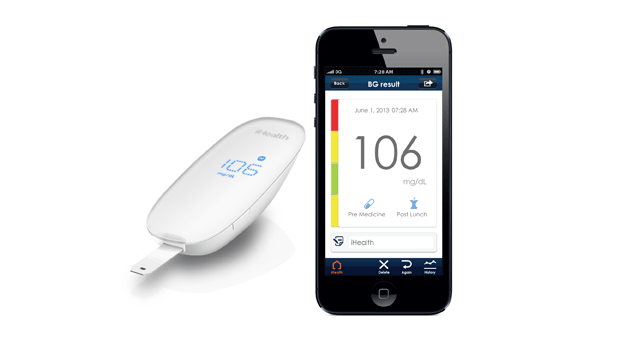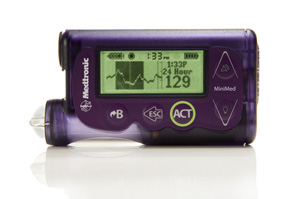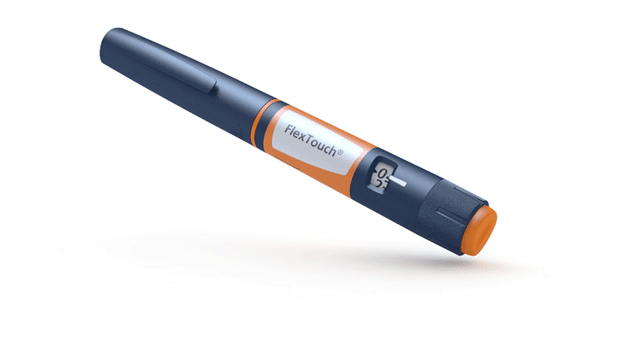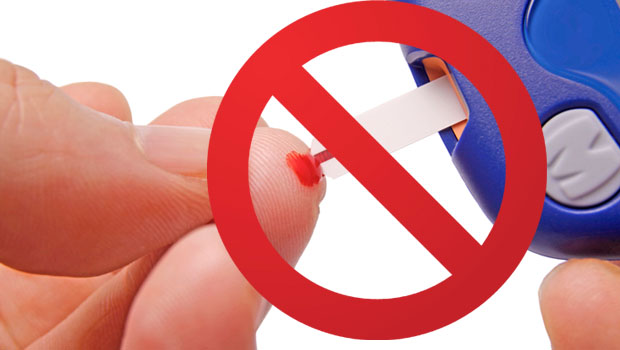Wireless Glucometer Hits the Shelves

Blood glucose data management has always involved cables…until now.
iHealth Labs announced recently that it has begun selling its wireless glucometer, which transmits diabetes health data directly to a smartphone app. That data is stored in a secure cloud environment that can be accessed and monitored by people with diabetes and their healthcare providers. It’s another step towards mothballing the pen-and-paper health logs that used to be the mainstay of any rigorous BG monitoring regimen.
The device, given the proletariat name of the Wireless BG5 Smart Gluco-Monitoring System, features a sleek design built to appeal to smartphone users on the go, says iHealth Labs president Adam Lind in an interview with mobiHealthnews. It’s Bluetooth enabled to connect to iOS and Android smartphone platforms and comes with its own companion app. The design also seeks to automate much of the work of monitoring BG. Users can instantly save up to 500 test results on the wireless meter, track trends, set up reminders, and keep tabs on test strip expiration dates, according to iHealth’s press release. The device retails for around $80 at Best Buy.
The BG5 joins a growing number of smartphone-enabled glucometer companion devices, most of which require some form of cable connection. Biomedtrics announced this past month that it has started to sell its product, named the ditto Glucose Data System, which it markets as a wireless bridge between traditional BGMs and smart phones. Also, Glooko has created products that connect several meters with smartphones, while AgaMatrix has created a monitor that plugs directly into an iPhone (See “Free the Data! Glooko’s Quest” at Insulin Nation).
iHealth’s BG5 is the first wirless BGM to be approved by the FDA. While such tech advances are welcome news, the U.S. is again behind Europe when it comes to tech and diabetes. Cellnovo, for example, has created a wireless insulin pump that is approved for use in the European Union, but not in the U.S.
Thanks for reading this Insulin Nation article. Want more Type 1 news? Subscribe here.
Have Type 2 diabetes or know someone who does? Try Type 2 Nation, our sister publication.







